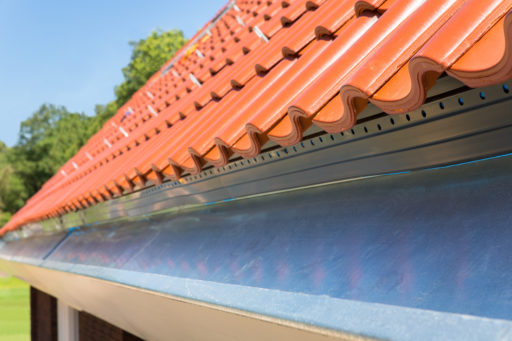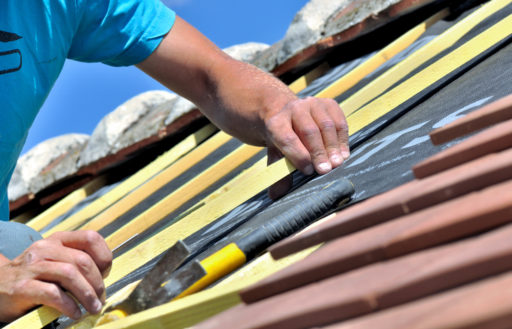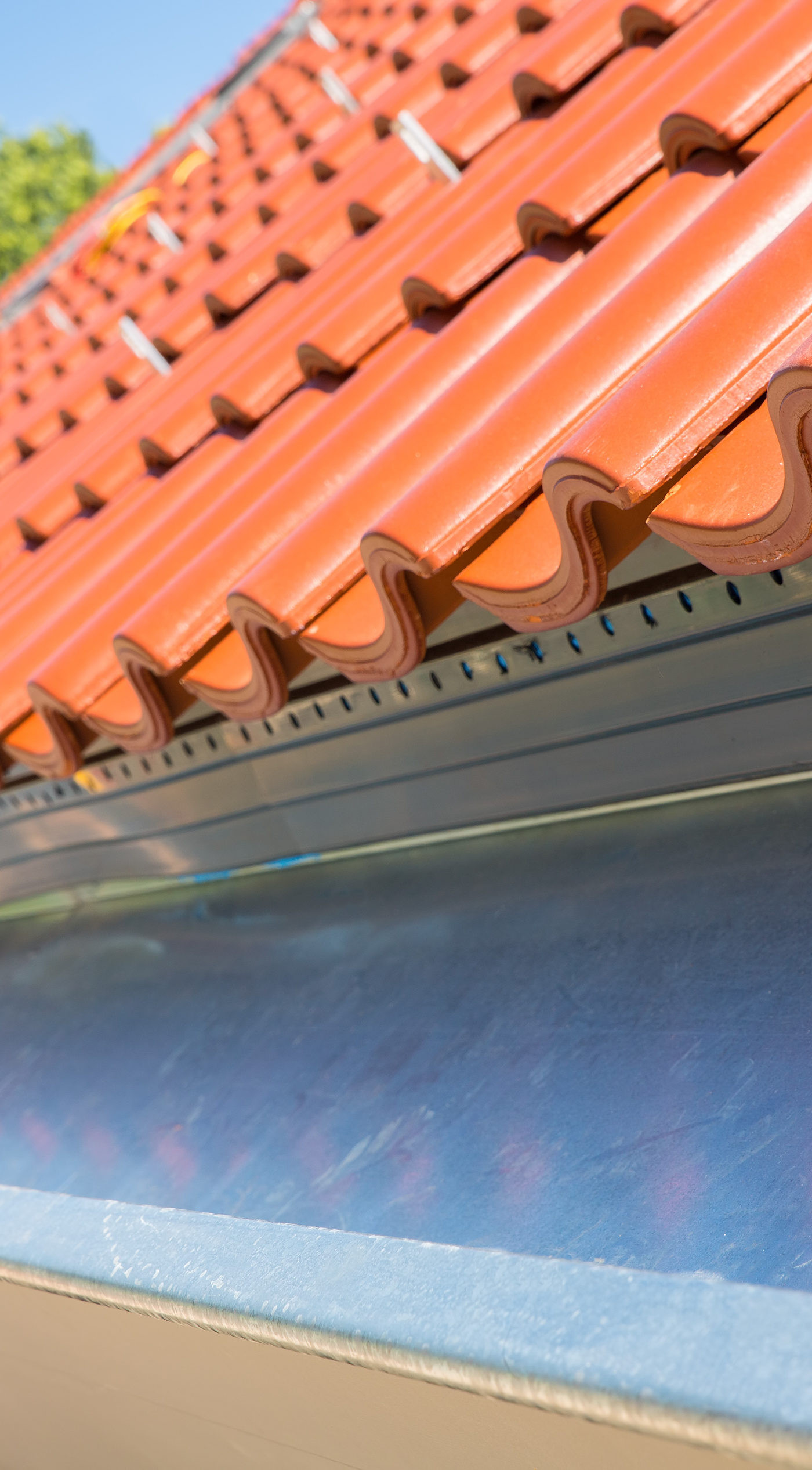Rain may cause damage to your house. Even the smallest hole of dripping water can cause damage slowly if it’s left unnoticed or unattended. Making your house rain-proof could be highly beneficial to your household and create a better feeling of home for you and the people around you. It may seem like a hard and tedious thing to do at face value; however, these are some of the easy ways to rain-proof your house.
- Make Sure Your Doors And Windows Are Sealed Well
It’s easy for water to seep through a door and create an unpleasant look and feel in your house. It could get your carpets wet which could result in unflattering smell. This is why you should ensure both your doors and windows are always well-sealed. Sealing is the act of applying a non-porous substance onto the lining of doors and windows to avoid the entrance of rainwater or cold wind. If you sense a pattern, you could schedule regular re-sealing and avoid forgetting to re-seal or only re-sealing when it’s too late.
Seal on windows and doors tends to disintegrate or damage due to environmental forces and it’s not an unusual thing for this to occur. Always be conscious of the fact that your seals aren’t going to be perfectly sealed forever and at some point, you’re going to need to re-seal them. Before the rainy season, contact a professional to assist you in sealing your doors and windows. While you’re at it, you could check for any wood rot and clean it because a build-up of wood rot could affect your sealing.

- De-clog Your Gutters, Downspouts, And Drains
Rain gutters, downspouts, and drains are designed to facilitate rain runoffs and reduce the buildup of rain water in your roof and pipes. These three things are a very important part of making your home rain-proof. If you don’t have these in your house, make sure to purchase them and get them installed because they’re a convenient way of controlling run-off from rain. Gutters, downspouts, and drains can be purchased from an EasyMerchant store or any other store of this nature.
If you already have rain gutters, downspouts, and drains, do regular checks on them and make sure they aren’t clogged. If they’re, make sure to de-clog them and fix any damage caused by the clogging. Clogged rain gutters, downspouts, and drains can cause damage to your roof and pipes and result in leaks in your house. Some of these leaks may be very difficult to repair and the entrance of rain water could become very extensive. Leaks could also affect electricity and cause major damage.
You could avoid the stress of such matter through caring for your downspouts, drains, and gutters. Whether that be through, regular de-clogging, repair broken parts, replacing parts that are beyond repair, and checking cleanliness in all forms.
If you think these maintenance tasks are best handled by professionals, you can always seek assistance from reliable roofers specializing in eavestrough inspection and repair. They have the experience and expertise to check the condition of these roofing components and fix them when they’re damaged. To learn more about these professionals, you can browse the web for information.
- Use Waterproof Paint For Your Walls
Waterproof paint is designed to avoid the seeping of rain water through the walls. Whether you’re waterproofing your basement or your home interior and attic, if waterproof paint isn’t utilized, it’s easy for rain water to affect the wall and leave large wet marks on your wall.
If you sense a trend in large wet marks on your walls, you can purchase some waterproof paint and repaint your walls. Not only will this make your home more rain-proof but it could also create a brighter room since the color has been re-touched. Some appliances are connected to walls or are near walls.
If these appliances come into contact with wet walls or water that seeped in through the walls, they may be affected and you may encounter further damage to your home. Making such efforts to rain-proof your home could be highly rewarding for the most part.
If you’re planning to use waterproof paint to protect your home from water damage, you must familiarize yourself with the different types of paints you can choose from. Using the right paint for your waterproofing efforts ensures a favorable outcome. The most common types of waterproof paints include:
- Masonry paint: It’s made from ceramic materials, giving it water-resistance qualities. It can be applied more effectively to bricks and concrete.
- Epoxy paint: It’s a plastic resin making it a great waterproof seal. Although it can be used in basements and surfaces like concrete, metal, and stone, epoxy paint works better in boats and water tanks as a sealer.
- Acrolein elasticized paint: When mixed with acrylic paint, it can be a waterproof seal for concrete surfaces. But even if it can effectively prevent mold and mildew growth, handling this paint with care is essential as it can be considered a highly toxic material.
Now that you know the common types of waterproof paint, it’s time to decide which one suits your waterproofing needs at home. If you’re still uncertain, you may consult a paint expert to help you find the right product.

- Invest In Some Tarpaulin Supplies
Tarpaulin describes a material that is large and water resistant. This material is very strong and flexible and can be used to make your house more rain-proof. It comes in many different textures and synthetics but the center of its purpose is to be water resistant.
It may be worthwhile to purchase some purchase some tarpaulin sheets before the rainy season. You would place them on your roof to provide extra protection from the rain, especially if there will be heavy rains. They’re both non-flammable and waterproof and are perfect for the rainy season.
Make Your House Rain-Proof
A rain-proof home is a happy home. There may be things that don’t belong in the drain that should be removed, or pipes with holes that need repairing. Once you do this, you become free from the annoyance of roof leaks, power outages, and mini floods. These easy ways of making your home rain-proof may be just what your home needs to feel like home during the rainy season. A rain-proof home can help you remain calm during stormy season knowing you’re inside because nothing is seeping into the house and nothing is being damaged by water.










Elina Brooks
I’m renovating the house this summer, so I was considering replacing our windows at home with storm windows since the weather in our area has been awful lately. I appreciate your advice when you told us to seal our windows properly to prevent water from seeping through the gaps. I’ll take note of this while I look for a contractor to call for my new storm windows soon.
Above&Beyond
Good article!
Along with all things mentioned in the article, it’s important to think about whole home surge protection before the rainy season arrives.
When it rains a lot, there can be thunderstorms and lightning that cause power surges. Having whole home surge protection means you’re taking steps to protect your electrical system and appliances from sudden bursts of high voltage and prevent expensive damages and repairs caused by these surges.